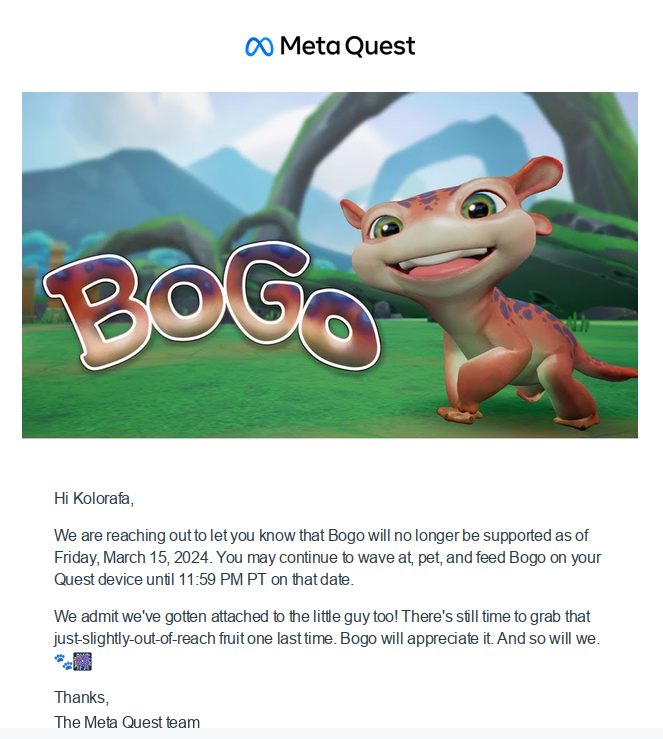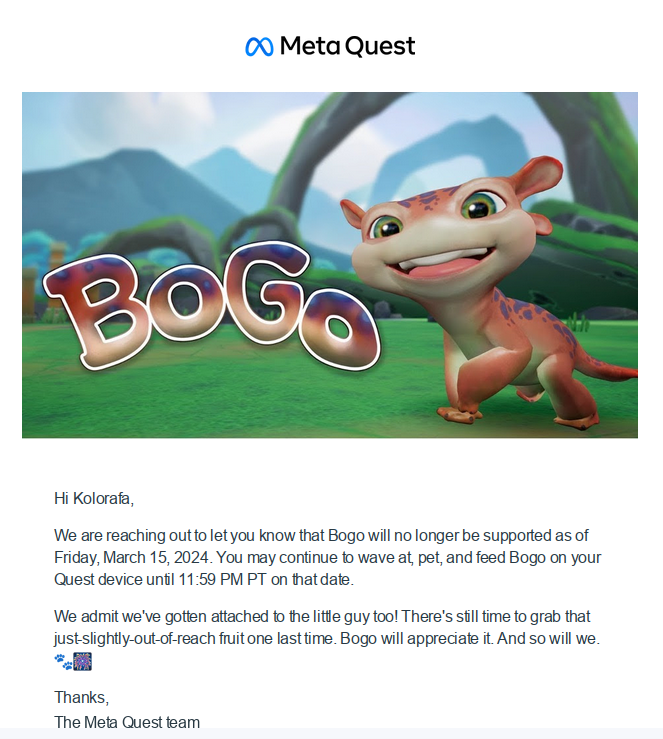this post was submitted on 17 Sep 2023
671 points (92.2% liked)
Games
34528 readers
861 users here now

Welcome to the largest gaming community on Lemmy! Discussion for all kinds of games. Video games, tabletop games, card games etc.
Weekly Threads:
Rules:
-
Submissions have to be related to games
-
No bigotry or harassment, be civil
-
No excessive self-promotion
-
Stay on-topic; no memes, funny videos, giveaways, reposts, or low-effort posts
-
Mark Spoilers and NSFW
-
No linking to piracy
More information about the community rules can be found here.
founded 2 years ago
MODERATORS
you are viewing a single comment's thread
view the rest of the comments
view the rest of the comments


That just means Youtube's software uses lossy compression, that is a Youtube problem, not a digital media problem. Are you familiar with the concept of file hashing? A short string can be derived from a file, such that if any bit of the file is altered, it will produce a different hash. This can be used in combination with other methods to ensure perfect data consistency; for example a file torrent that remains well seeded won't degrade, because the hash is checked by the software, so if anyone's copy changes at all due to physical degradation of a harddrive or whatever other reason, the error will be recognized and routed around. If you don't want to rely on other people to preserve something, there is always RAID, a 50 year old technology that also avoids data changing or being lost assuming that you maintain your hardware and replace disks as they break.
Here's the fundamental reason you're wrong about this: computers are capable of accounting for every bit, conclusively determining if even one of them has changed, and restoring from redundant backup. If someone wants to perfectly preserve a digital file and has the necessary resources and knowledge, they can easily do so. No offense but what you are saying is ignorant of a basic property of how computers work and what they are capable of.
Yes, and this can be done through mostly automatic or distributed processes.
I wouldn't describe it as complex, just the bare minimum of what is required to actually preserve data with no loss. All physical mediums may degrade through physical processes, but redundant systems can do better.
It isn't hard to seed a torrent. If a group of people want to preserve a file, they can do it this way, perfectly, forever, so long as there remain people willing to devote space and bandwidth.
All of these problems boil down to intent. Do people intend to preserve a file, do they not care, do they actively favor degradation? In the case of the OP game, it seems that the latter must be the case. Same with Youtube, same with all those media companies removing shows and movies entirely from all public availability, same with a lot of companies. If someone wants to preserve something, they choose the correct algorithms, simple as that. There isn't necessarily much of a tradeoff for efficiency and ease of use in doing so, disk space is cheap, bandwidth is cheap, the technology is mature and not complicated to use. Long term physical storage can be a part of that, but it isn't a replacement for intent or process.
And I am saying complexity has little to do with it and also that a system can exist that will not fail.
Specifically why not? What is unrealistic about this scenario, assuming enough people care to continue with the preservation effort? All nodes must fail simultaneously for any data to be lost. The probability of any given node failing at any given time is a finite probability, independent event. The probability of N nodes failing simultaneously is P^N. That is exponential scaling. Very quickly you reach astronomically low probabilities, 1000 years is nothing and could be safely accomplished with a relatively low number of peers. Maybe there are external factors that would make that less realistic, like whether new generations will even care about preserving the data, but considering only the system itself it is entirely realistic.